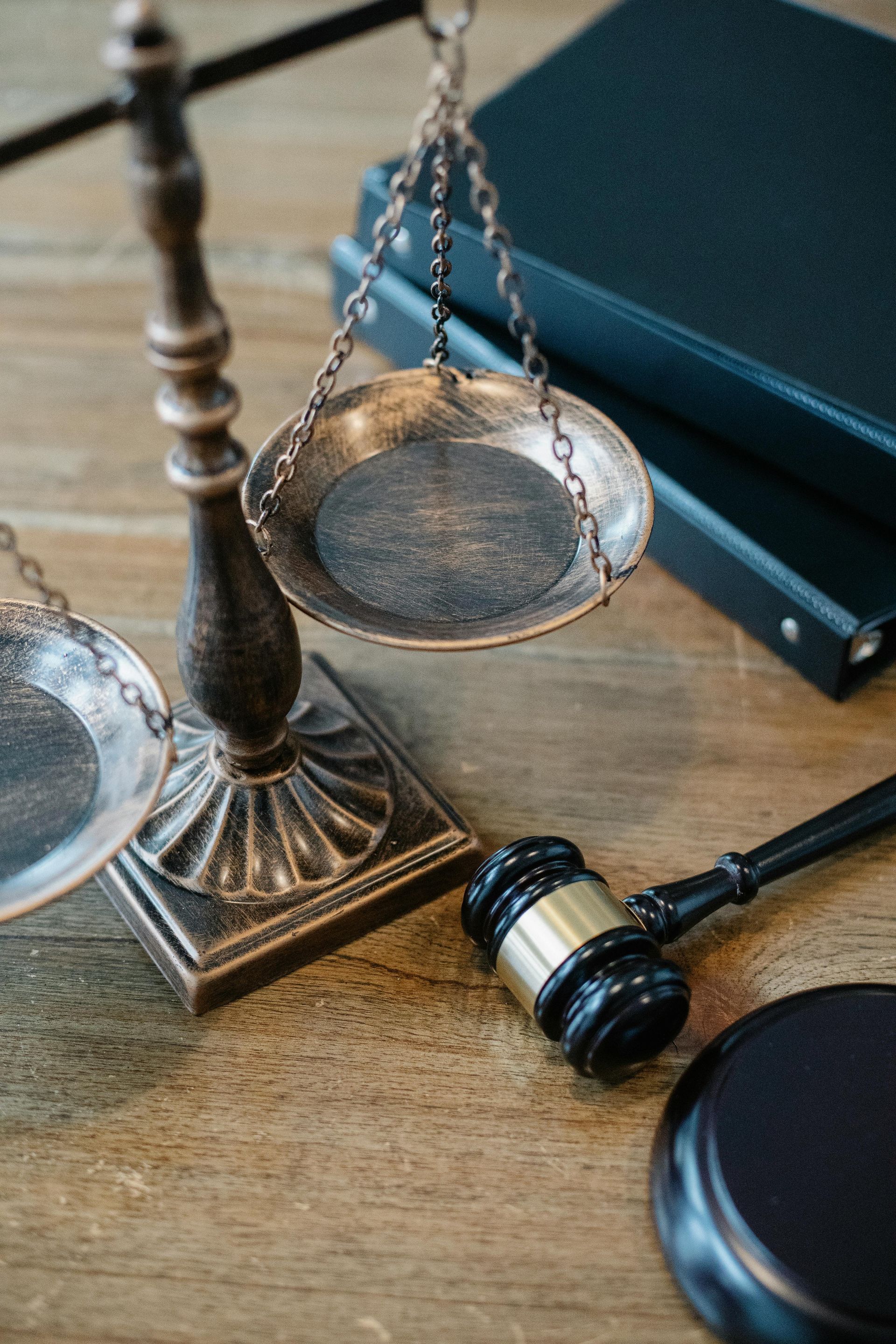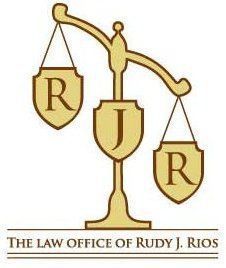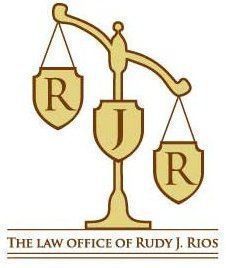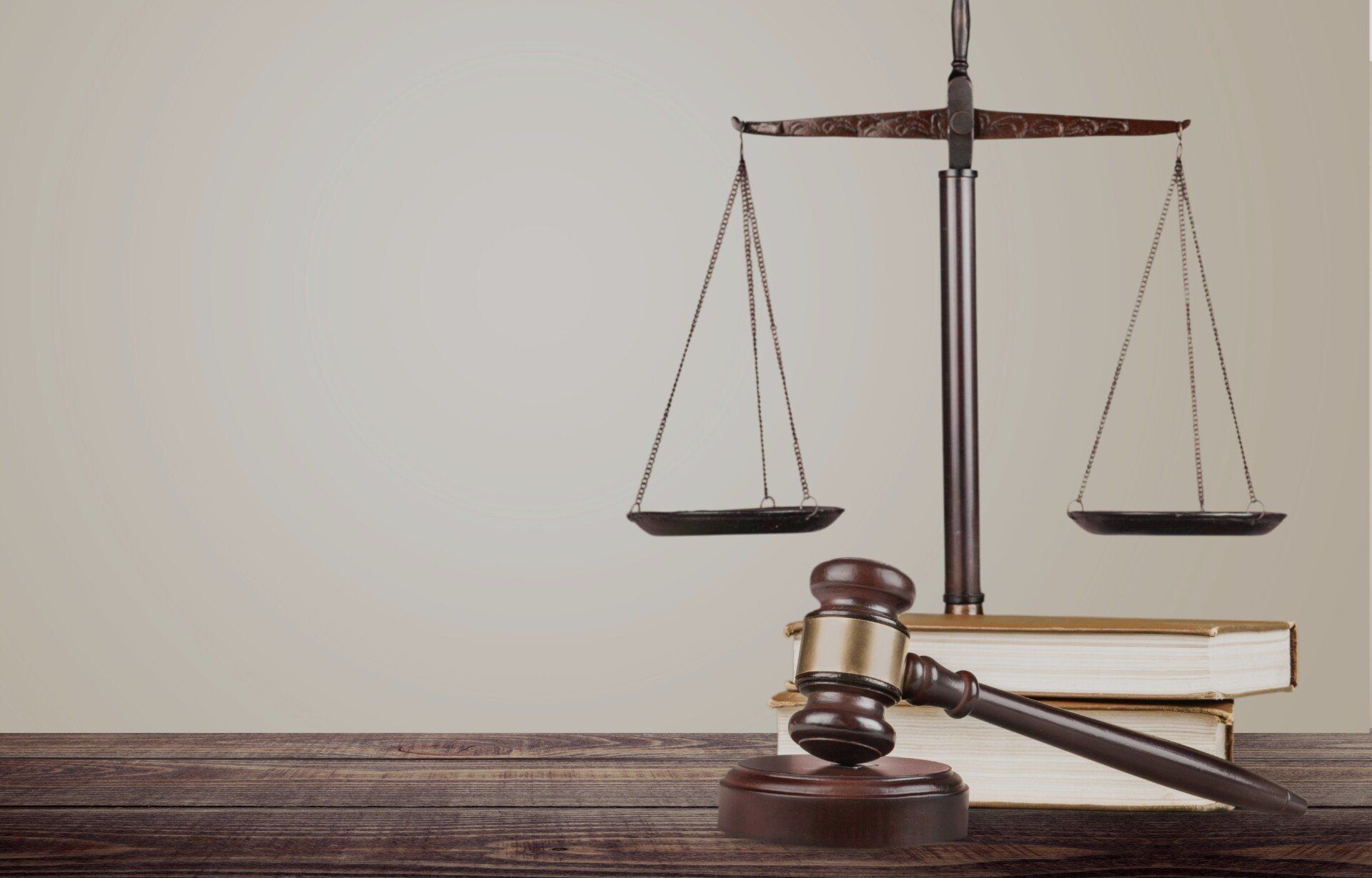The Realities of Criminal Intent: What ‘Law and Order’ Gets Right and Wrong
Television crime dramas like Law and Order: Criminal Intent have captivated audiences for years, portraying thrilling courtroom battles and intricate criminal investigations. However, while these shows offer entertainment, they often present a dramatized version of real-world criminal law. Understanding the true "criminal law definition" and how intent plays a role in legal cases is crucial for anyone facing charges or simply interested in the justice system.
At the Law Office of Rudy J. Rios in Elgin, IL, we provide expert legal counsel for those navigating the complexities of criminal law. Let’s explore what Law and Order gets right—and where it takes creative liberties.
What Is Criminal Intent in Legal Terms?
Criminal intent, also known as mens rea, is a fundamental concept in criminal law. It refers to a person’s state of mind when committing a crime. The prosecution must prove that the defendant had intent, whether it was deliberate, reckless, or negligent, to establish guilt.
The criminal law definition recognizes four levels of intent:
- Purposeful – The defendant acted with a specific intent to commit a crime.
- Knowing – The individual was aware that their actions could lead to a criminal outcome.
- Reckless – The person acted with disregard for potential harm.
- Negligent
– The defendant failed to act responsibly, leading to criminal consequences.
While TV shows often simplify these concepts for storytelling, real-world criminal cases require in-depth legal analysis to determine intent.
What ‘Law and Order: Criminal Intent’ Gets Right
The popular series Law and Order: Criminal Intent accurately portrays some elements of the legal system. Here are a few aspects where it aligns with reality:
1. Investigative Techniques
The show highlights how law enforcement uses interrogation tactics, forensic evidence, and witness statements to build a case. These methods are indeed used by detectives and prosecutors in real life.
2. The Role of Prosecutors
The portrayal of prosecutors assessing whether there’s enough evidence to charge a suspect is fairly accurate. They must consider the likelihood of conviction before proceeding with a case.
3. The Importance of Intent in Prosecution
The series often emphasizes proving a suspect’s intent, which is a real requirement in criminal cases. Without establishing intent, it is difficult to secure a conviction.
Where TV Dramas Fall Short on Criminal Law
Despite its realistic aspects, Law and Order: Criminal Intent also misrepresents several key elements of the legal process.
1. Speed of Investigations and Trials
On TV, cases seem to wrap up within days or weeks. In reality, investigations can take months or even years, and trials can be lengthy affairs with multiple hearings and procedural steps.
2. The Role of Defense Attorneys
The show focuses heavily on law enforcement and prosecution, often overlooking the critical role of defense attorneys. In real life, defense lawyers work tirelessly to protect their clients’ rights and challenge weak or circumstantial evidence.
3. The Legal Process is More Complex
In reality, criminal law involves numerous motions, plea deals, and evidentiary hearings that are rarely depicted on television. The nuances of trial strategy and negotiations are far more intricate than what is shown on TV.
Why Understanding Criminal Intent Matters in Real Cases
Understanding intent is crucial because it influences the severity of charges and potential penalties. For instance:
- First-degree murder requires proof of premeditation, showing that the crime was intentional and planned.
- Manslaughter, on the other hand, may involve reckless or negligent behavior rather than deliberate intent.
- Theft vs. robbery – Theft might involve unlawfully taking property, while robbery involves force or intimidation, indicating a higher level of intent.
Legal experts at the Law Office of Rudy J. Rios analyze intent in each case to craft the strongest possible defense for our clients.
How an Experienced Criminal Defense Attorney Can Help
If you or a loved one is facing criminal charges, having an experienced defense attorney is essential. Here’s how we can assist:
1. Examining the Evidence
We thoroughly investigate police reports, witness statements, and forensic evidence to identify weaknesses in the prosecution’s case.
2. Challenging Intent Allegations
Proving intent is often difficult. We work to show reasonable doubt regarding our client’s mental state at the time of the alleged offense.
3. Negotiating Favorable Outcomes
Many criminal cases are resolved through plea agreements. We negotiate for reduced charges or alternative sentencing options whenever possible.
4. Fighting for Clients in Court
If necessary, we are prepared to take cases to trial, providing aggressive representation and advocating for our clients’ rights.
Contact the Law Office of Rudy J. Rios for Legal Assistance in Elgin, IL
Facing criminal charges can be overwhelming, but you don’t have to go through it alone. The Law Office of Rudy J. Rios in Elgin, IL, is committed to defending your rights and ensuring you receive fair treatment under the law. We also help with cases such as divorce, domestic battery, DUI, and criminal law.
Call us today at (224) 629-6700 to schedule a consultation. Let us help you navigate the complexities of criminal law with confidence and expertise.
FAQS
What is the legal definition of criminal intent?
A crucial element in criminal law is mens rea, which signifies the mental state of a person committing an offense. It helps determine whether an act was intentional, knowing, reckless, or negligent.
Does every crime require proof of intent?
No. Some offenses, known as strict liability crimes (e.g., certain traffic violations), do not require proof of intent. However, most serious criminal charges require some level of intent to be established.
How does intent affect sentencing?
The level of intent can impact the severity of charges and penalties. For example, premeditated murder carries harsher consequences than a crime committed due to recklessness or negligence.
Can intent be proven without a confession?
Yes. Prosecutors often rely on circumstantial evidence, such as witness testimony, behavior before and after the crime, and forensic findings to establish intent.
What should I do if I’m accused of a crime?
If you’re facing criminal charges, contact an experienced defense attorney immediately. Avoid speaking to law enforcement without legal representation, as anything you say can be used against you in court.















